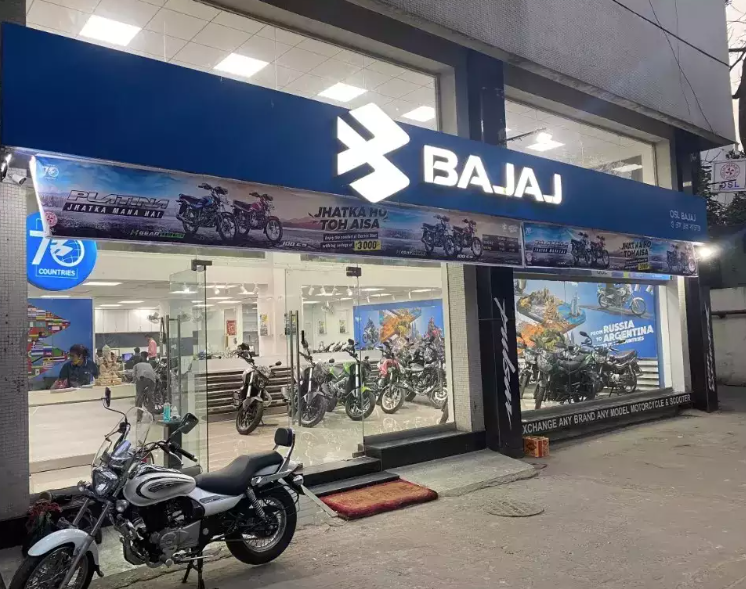“We are putting our money where our mouth is. We feel CNG is a great option for the country, for the society and for the riders. We have proven this in three-wheelers and now we want to extend this into two-wheelers,” Sharma told PTI in an interview.
“It will not be only one vehicle but it will be a range of vehicles across segments. We will fill up the portfolio, we may not present it in one go but the idea is to have a portfolio of CNG motorcycles.”
Asked about the timeframe for the CNG bikes to hit the roads, he said, “It will be a market launch in FY25”.
On its positioning, Sharma said it will target the mileage-conscious consumers.
“It will be a vehicle, which the customer will be proud to own. It will be a different brand,” he added. He acknowledged that the CNG bike will be priced higher than the petrol counterpart due to the higher cost of manufacturing besides having a special tank to offer petrol and CNG fuel options to offer convenience to customers. “That is the reason why at least the government should, if not treat it at par with electric vehicles and give 5 per cent GST on it, but at least give lower GST than petrol vehicles, in the middle, at around 12 per cent GST. It will help both customers and companies,” Sharma noted.
How much the CNG bikes will contribute to overall sales is difficult to predict as it would depend on a variety of factors, including availability of CNG filling stations and consumer behaviour, he said.
Sharma acknowledged the efforts taken up by the government to accelerate the expansion of the network of CNG filling stations, which has fuelled the growth of CNG vehicles, especially in three-wheelers, along with passenger vehicle categories.
“In the three-wheeler segment, CNG usage was only 25 per cent in 2020 now 60 per cent of the industry has become CNG. This is a massive change,” he said, adding this was possible due to the increase in the number of CNG filling stations, which is expected to be 8,000 by the end of this year, up from around 2,000 stations in 2020.
Sharma also said CNG despite being a fossil fuel is relatively cleaner compared to other fossil fuels and can play a role in India’s sustainable mobility drive, which also needs to take into consideration commercial objectives.
He said Bajaj Auto is also pushing very hard on electric vehicles, adding “We are not saying this or that we are saying both”.
In order to highlight the company’s approach towards sustainable mobility, Bajaj Auto will be showcasing a range of flex fuel, mono fuel and CNG vehicles, along with electric vehicles at the Bharat Mobility Global Expo, starting at Pragati Maidan from February 1.
(You can now subscribe to our Economic Times WhatsApp channel)


